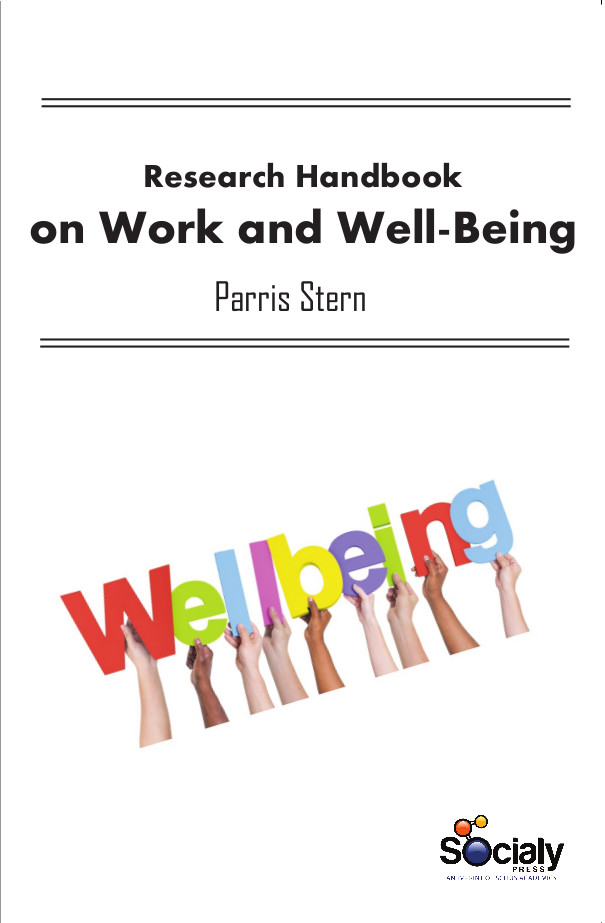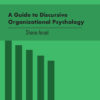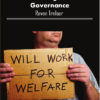We spend a third of our lives at work, so it is crucial to our health and wellbeing that this is a positive experience. Staff well-being is an increasingly relevant and necessary consideration in the modern workplace. Well-being at its simplest level is perhaps ultimately about personal happiness – feeling good and living safely and healthily. This means not allowing work to undermine our basic purposes and needs in our lives, and by extension those of our families and loved ones. In this respect well-being is a hugely significant aspect of work and careers. Many facets of work do not necessarily impact on our core life needs. This cannot be said for well-being and stress, whose implications run very deeply indeed – mind, body and soul. Well-being is strongly connected with work-related stress, and also with associated terms such as stress management, stress reduction, stress avoidance, etc. Organizational psychology research also shows that creating a positive working environment can have business benefits as well. The evidence that affective well-being is a causal influence on performance is stronger than the evidence for job characteristics. Despite weak correlations with job satisfaction, assessments of more affective components have been related to performance ratings in several studies. There is a body of longitudinal evidence, and some studies have found that well-being predicts future performance, after controlling for initial performance.
Research Handbook on Work and Well-Being is devoted to understanding the biopsychosocial and behavioural factors leading to enhanced well-being, optimal emotional processing and the prevention of psychological dysfunction. Chapters examining the mechanisms underlying the relationships between lifestyle factors, positive psychology interventions, emotion processes and well-being are sought. Evidence is reviewed on work performance as a consequence of both psychological well-being and work stressors. There is evidence that some forms of psychological well-being are related to subsequent in-role performance, although the evidence for a causal influence of work stressors on job performance is much weaker. There is also evidence for relationships between some job stressors or well-being and organizational citizenship behaviours.













